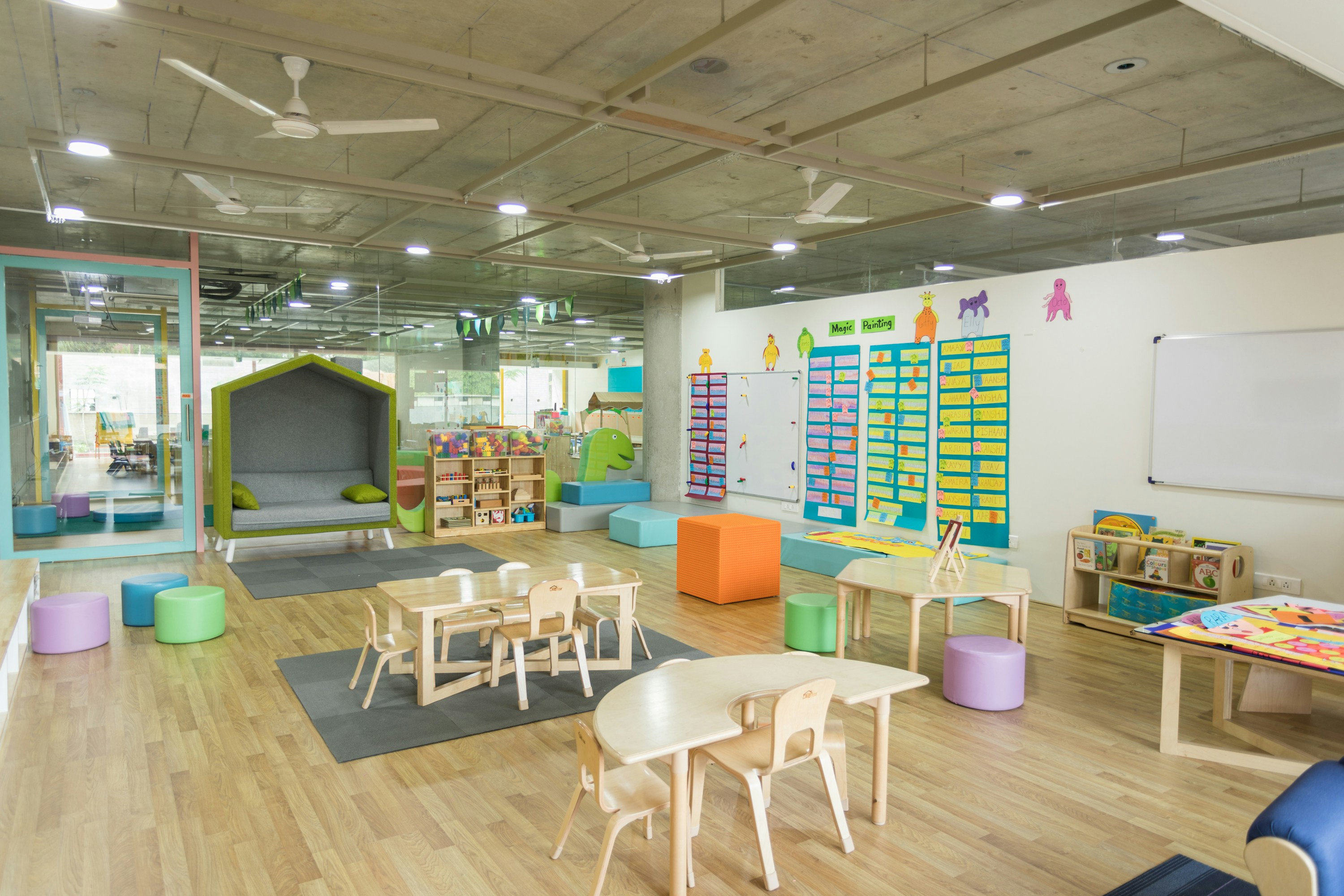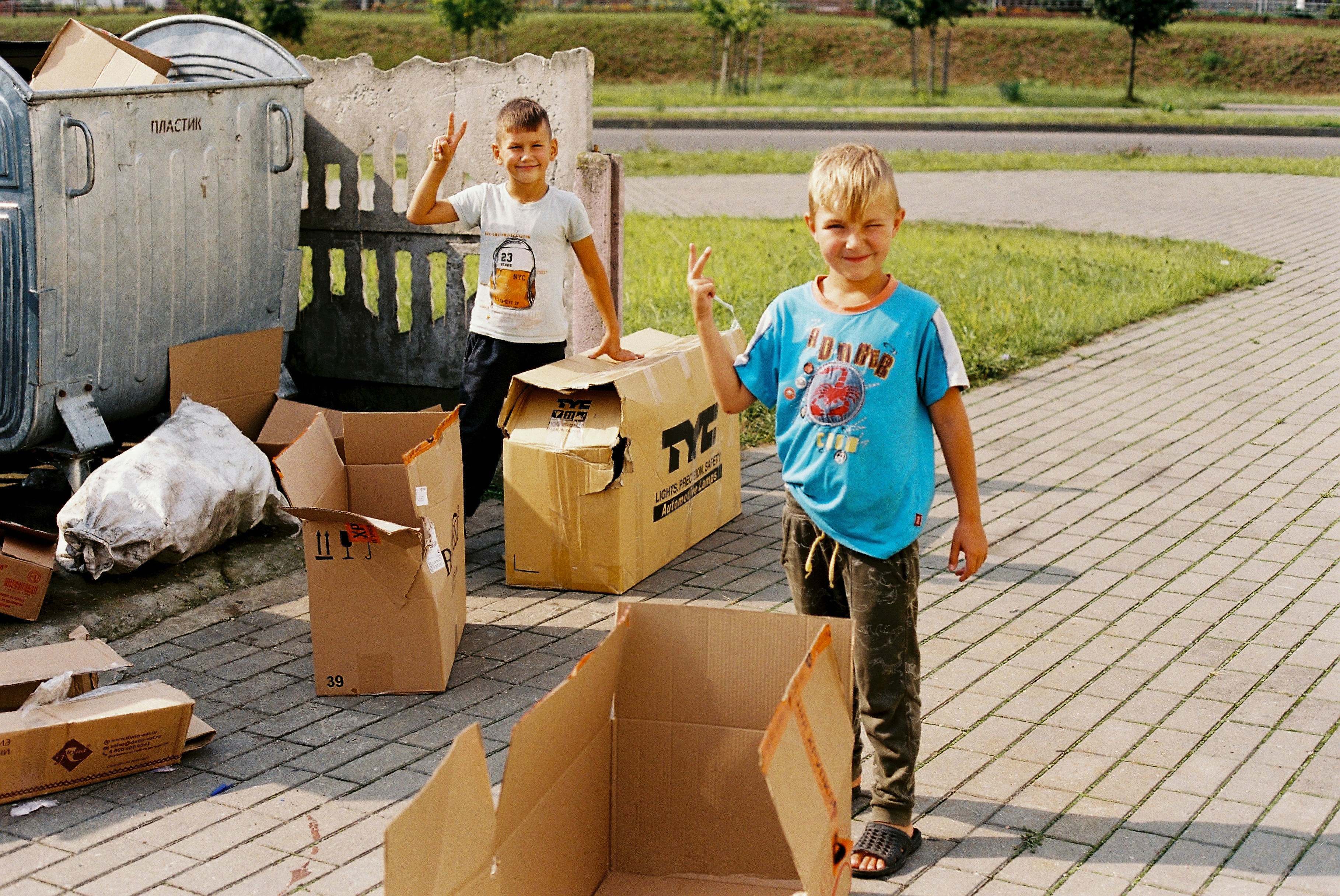In the philosophy of Ikigai, finding one's purpose is the key to a joyful and fulfilling life. For a child, this journey doesn't begin with grand ambitions, but in the simple, profound act of play. Purposeful play is not just about keeping children busy; it's the very work of childhood, where they discover their passions, develop crucial skills, and begin to understand their place in the world.
What is Purposeful Play?
Unlike passive entertainment, purposeful play is active, engaging, and child-led. It’s when a child is deeply absorbed in an activity they have chosen, whether it's building a towering castle with blocks, creating a story with dolls, or mixing mud and leaves in the garden. In these moments, they are not just playing; they are experimenting, problem-solving, and expressing their unique inner world.
How to Nurture Your Child's Inner 'Ikigai'
- Observe, Don't Direct: Watch what your child gravitates towards. Are they a builder, a storyteller, an artist, a nurturer? Their natural inclinations are clues to their budding interests.
- Create an Inviting Environment: Provide open-ended toys like blocks, clay, art supplies, and dress-up clothes that can be used in countless ways. These tools encourage creativity far more than toys with a single function.
- Value the Process, Not the Product: The wobbly tower that falls is just as valuable as the one that stands tall. The learning happens in the trying, the failing, and the trying again. Praise their effort and persistence, not just the final result.




